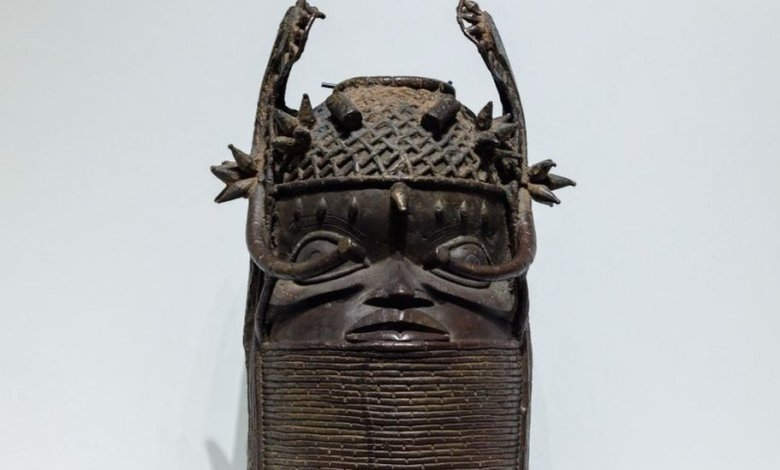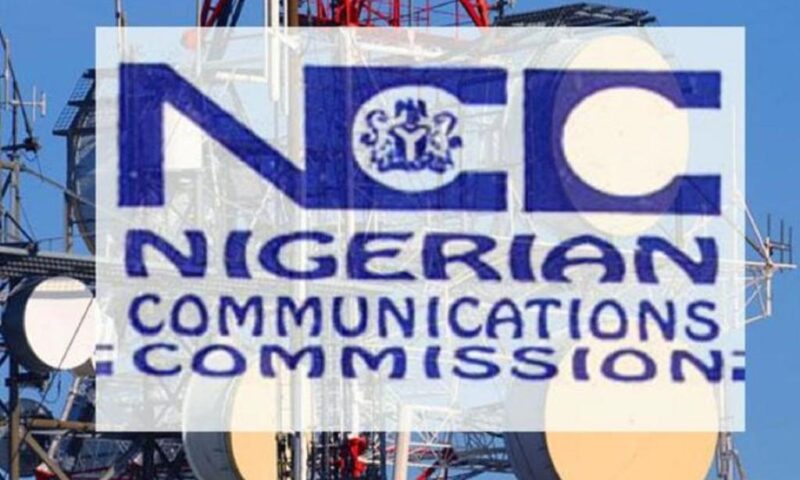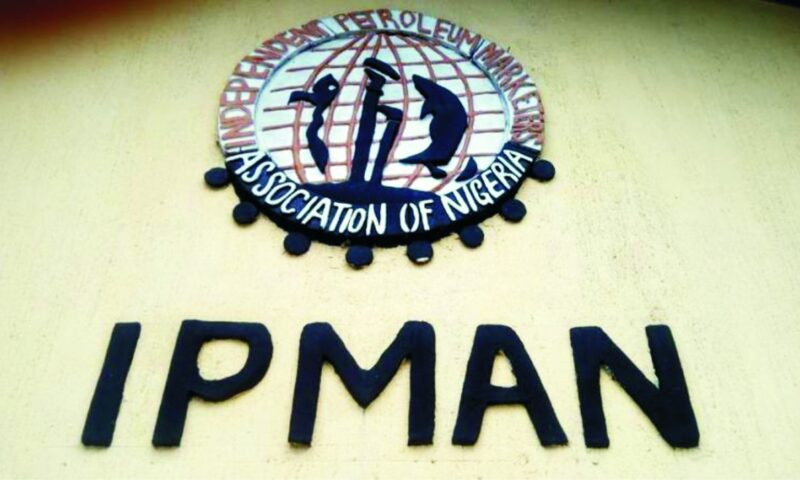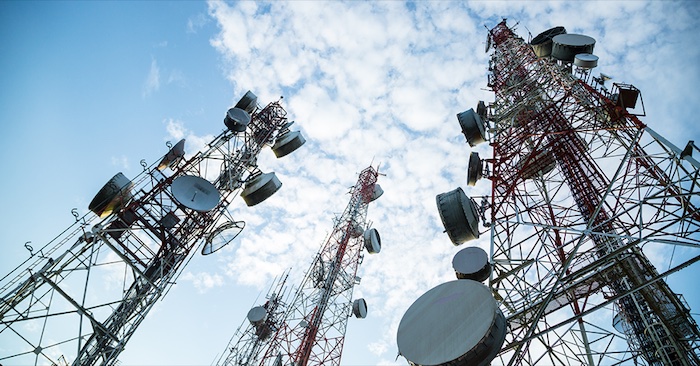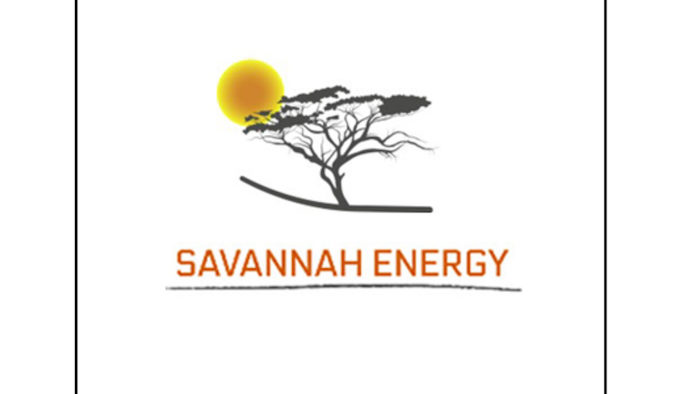Ebun-Olu Adegboruwa, SAN
The journey to Nigeria’s independence was fought on the altar of principled resistance to all forms of colonialism, oppression and modern slavery being imposed upon our forefathers by the foreign invaders. Those who fought the many battles for Nigeria’s freedom were some kind of special breed, always so well revered and even adored! The Nationalists then and now the activists! You cannot but contend with them.
They were deservedly admired as mirrors of the society, through whom every government is viewed and assessed. Ever spitting fire and roaring, they would pick on every programme and policy of the government, for thorough dissection and analysis, and then offer cogent alternatives. You ignore them at your peril, as President or Governor or public office holder.
In the words of the learned authors of Merriam-Webster Online Dictionary, Activism is “a doctrine or practice that emphasizes direct vigorous action, especially in support of or opposition to one side of a controversial issue.” Thus, one can be a political activist, environmental activist or a human rights activist, the latter which is the most pronounced presently.
Lawyers fit very well in this category given the nature of their training, as confirmed by Chief Alexander Christopher Sapara Williams, the first indigenous lawyer to be called to the Nigerian Bar, who stated that “the legal practitioner lives for the direction of his people and the advancement of the cause of his country.”
Little wonder therefore that lawyers have dominated the rank of Activists. It is in their blood. Indeed, by Paragraph (i) of the aims and objectives of the Constitution of the Nigerian Bar Association, lawyers are responsible for “the encouragement, ensuring, and protection of the public right of access to the Courts and of representation by counsel before Courts and Tribunals”, whilst Paragraph (h) provides that lawyers exist for “the promotion of the principles of the rule of Law including Fundamental Liberties and the independence of the Judiciary.”
So then, a lawyer is an Activist, by default, but this cannot be limited to men and women of the noble profession, as anyone in any form of agitation or struggle for positive change, is invariably an activist, including those in places of worship.
In 1955, Rosa Parks refused to stand up from her seat in a crowded bus, for a white man to sit down. The bus had already been demarcated, with only a few seats for blacks. She was sitting in the portion reserved for the blacks, when a white man entered and noticing that the portion reserved for whites was already filled up, Rosa Parks was asked to get up for him. She refused and remained seated. This resistance was taken up by the black community in America and several years later, one of them rose to become the President of that same country where it was once a taboo to be identified as a black man.
The Rosa Parks in Nigeria must rise up. Upon the amalgamation of Nigeria in 1914, the colonial Governor, Lord Lugard, instituted the system of indirect rule in Southern Nigeria.Administrators known as Warrant Chiefs were appointed to take control of administration.
Overtime, the Warrant Chiefs became increasingly oppressive, seizing properties and at times imposing very draconian local regulations. They began to imprison those that challenged their powers. As if these were not enough, the British administration then announced plans to impose special taxes on Igbo market women.
In November of 1929, thousands of Igbo women embarked upon protests, they attacked the European owned stores, broke into the prisons to release prisoners, they attacked the native courts, burning them down. The colonial police were called in and they shot live bullets that took the lives of about 50 of the women.
The Warrant Chiefs were forced to resign and the tax was aborted. The women Activists had won! It was the first major challenge upon the colonial administration and the impetus that the nationalists needed to advance their cause for independence. The rest is history.
Any system that seeks to intimidate its citizens into forced silence, any administration that prospers upon the hushed voices of dissent or is intolerant of public criticisms generally, is tending towards dictatorship. The United Nations Charter, the African Union Charter and indeed the Constitution of the Federal Republic of Nigeria, all contain specific provisions that guarantee the freedoms of expression, peaceful assembly, free association and indeed peaceful protests.
Nigerian activists cannot profit from this seeming conspiracy of silence, whereby the masses of our people grope in darkness, waiting for direction. All the objective conditions for mass mobilization, such as increasing unemployment, rise in crime and criminalities, poverty, rising inflation, dwindling electricity supply across the land, collapse of vital infrastructure and general failure of governance, should be harnessed by the activists in a constructive manner, to keep the government on its toes.
Generally,activists are a selfless lot, revolutionary in approach, manifestly incorrigible and thus prone to constant but needless harassment by the government and its agencies. Nigeria has benefited immensely from the sacrifices and struggles of the activists and our nation needs them now, like never before.
As we battle daily to restore the economy of our father land back to its prosperous days, as we labour to win the war against corruption and terrorism genuinely and as we work assiduously to entrench democracy in the land, it is good for the activists to come out of their self-imposed sabbatical, to rescue Nigeria and Nigerians.
They cannot hide, they cannot keep silent, and they cannot be lukewarm or even despair. For unless we rise to confront the several monsters plaguing our land, we are in for more surprises ahead. The oppressor will not give up so easily, unless as forced by the oppressed.
Activism was liberalized through the promulgation of the Fundamental Rights (Enforcement Procedure) Rules, 2009, which has now empowered civil society organisations, religious entities and in particular, the Nigerian Bar Association, to take up the cases of citizens that are deprived of their fundamental rights. Several judicial authorities have given fillip to the regime of preventive and human rights enforcement litigations.
So, let the activists wake up and dust their tools and keep Nigeria vibrant, once more. Let the Activists arise now, and deliver Nigeria.More than ever before, Nigeria needs the activists.
Given the nature of mass illiteracy that permeates the land, it would take a few informed Nigerians, to educate the people on their rights and freedoms. This is where the press comes in, for activism does not necessarily start and end with lawyers and labour leaders. Under and by virtue of section 22 of the 1999 Constitution, the press is to hold the government accountable to the people.
This is a sacred constitutional responsibility imposed upon the press and nothing should stand in the way of its enforcement, by our mighty men and women of the pen, which is reputed to be mightier than the sword.In this regard, the judiciary deserves to be recognized and celebrated for the indelible marks it has implanted upon the space and entity called Nigeria.
Assuredly, there will always be one dispute or the other, in any human endeavor or existence. With their over-bloated population and size, the majority ethnic groups would always boast of electoral victory to form the cabinet and also majority in the parliament, any day, through which they would continue to dominate the minority groups. It was then resolved to establish a strong judicial system, capable of intervening in any dispute between persons and persons, persons and governments or indeed any other authority.
This partly accounts for the reason why the judiciary was established as an independent and autonomous arm of government, to be strong enough to look anyone in the eye, to be strong enough to damn oppressive policies and strike down all manners of injustice. I have been part of the Nigerian judicial system for a while now and I verily believe that our lawyers and judges deserve commendation for their tireless efforts to salvage Nigeria from dictatorship.
At the risk of their lives and those of their family members, some of them have given their tireless struggles for the love of their father land. Even though some others in their minority tend to give the profession a bad name, the majority of our lawyers and judges are noble people. The cases of self-imposed timidity, as experienced in some courts across the land, are to say the least, most unfortunate.
More than ever before, My Lords must be encouraged to stand tall and show courage, in the face of intimidation and mindless blackmail by the powers that be. This is not new at all, given that the executive arm of government is always at war with the judiciary, the former being always at the receiving end of court decisions. Impunity being always at the door step of governors, commissioners, ministers, government ministries, parastatals and agencies, it is not strange at all that they are most often the culprits.
The judiciary must save itself from extinction and historical irrelevance; it must assert itself as the last hope of the common man, by ensuring that it digs very deep into each case presented before the court in order to give justice to those who deserve it.
We must commend all lawyers, judges, nationalists and activists, who have helped in no small measure to sustain democracy and good governance in our nation, while urging them to keep the fire burning on the altar of struggle. Rise up and be counted all ye activists.


